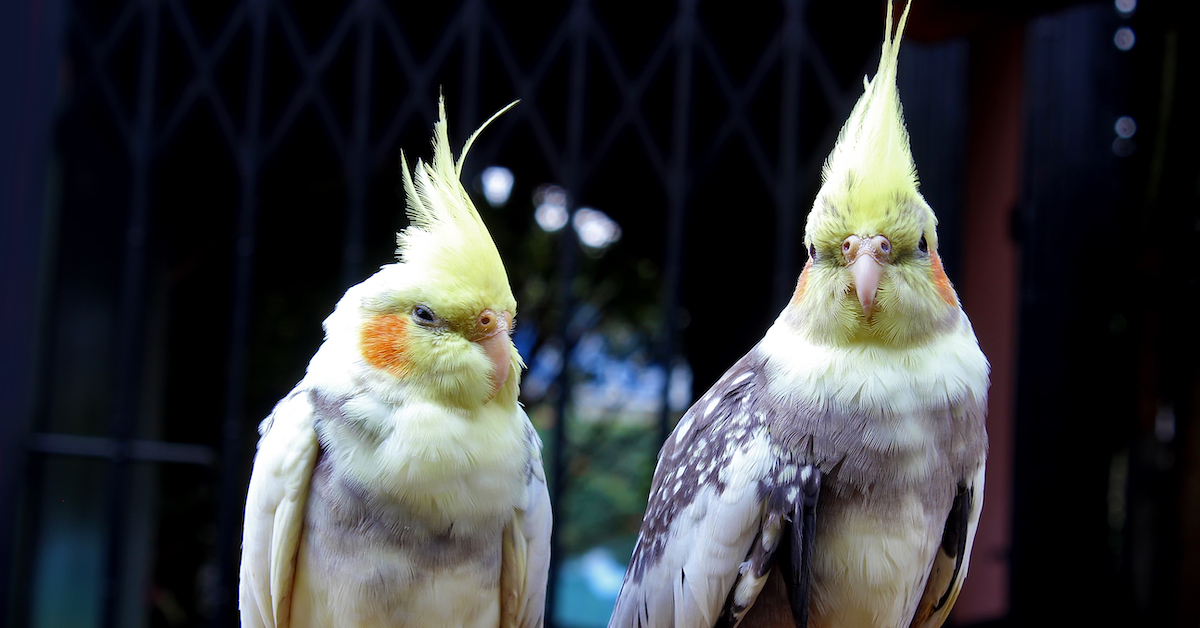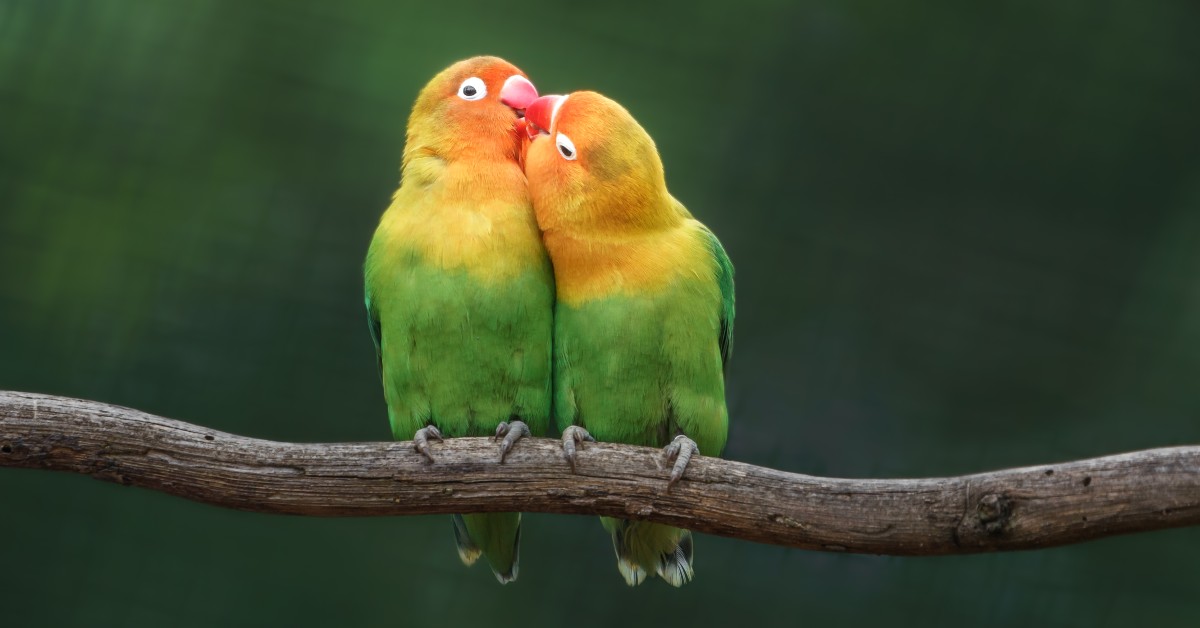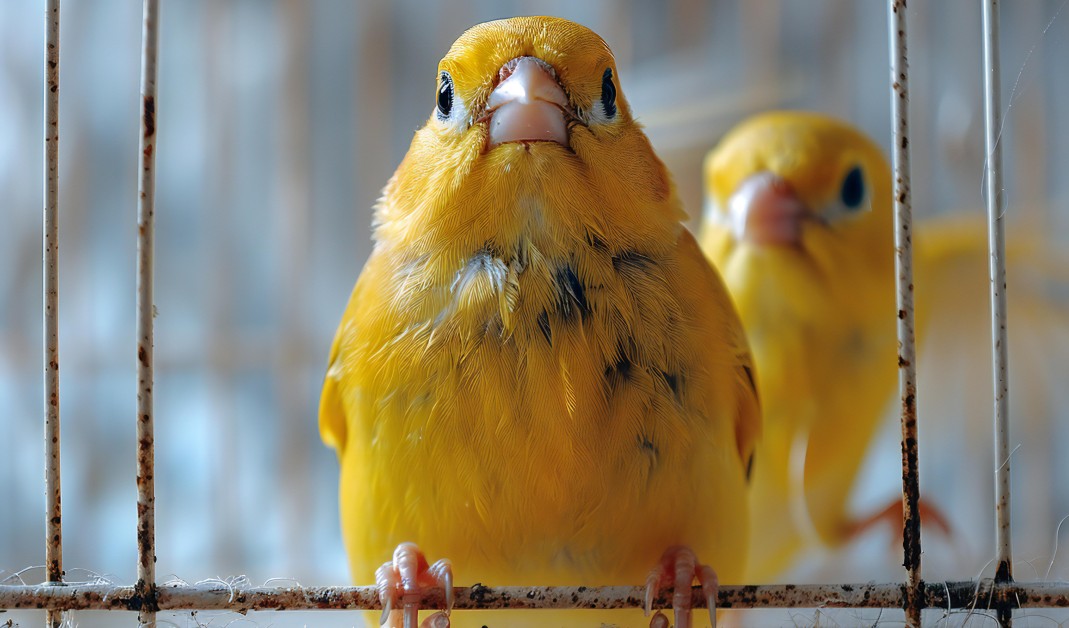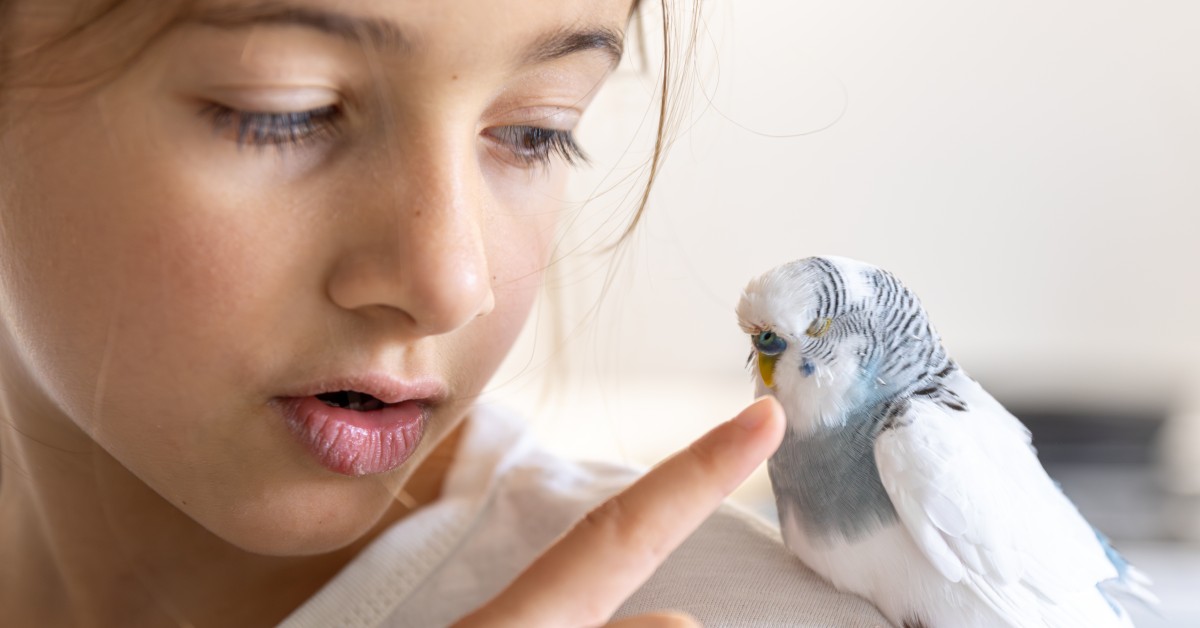Do Cockatiels Make Good Pets?
Cockatiels make great pets as they are intelligent, sociable, and great companion animals for humans.

Cockatiels are one of the most popular types of pet birds, known for their orange cheek patches and tuft of head feathers, known as a “crest.” These birds grow to be about 12 inches from head to tail and weigh just two to four ounces on average. With proper care, a cockatiel can live 15 to 20 years or more.
They are considered sweet and docile companions that have expressive faces and unique personalities. While not right for every household, a cockatiel can be an excellent pet for animal lovers who have money and time to devote to these lovable creatures.
If you are considering getting a cockatiel for a pet, there are a few things you should know.
A Brief History
Cockatiels were not always kept as pets. These birds are native to the semi-arid regions of Australia where they readily breed in the wild. In their natural habitat, they fly to the ground to forage for food, are light sleepers, and are always on alert for predators.
Due to these instincts, it’s not uncommon for cockatiels to have the occasional episode at night where they will thrash around the cage when frightened or startled. Leaving a light on in the room can help cockatiels feel more secure.
Caring for a Cockatiel
Like most domesticated birds, cockatiels require a proper setup to accommodate their various needs. Provide your pet bird with a cage that is large enough that it can move around and flap its wings without hitting them against the sides of the cage.
A cockatiel cage should contain multiple perches, food and water bowls, and toys to help keep your pet entertained. The bottom of the cage should be covered in clean newspaper that is changed frequently.
Cockatiels require a healthy, balanced diet and access to clean water at all times. Most birds thrive off of a commercial diet, as well as supplemental fresh veggies and the occasional treat.
If your home tends to get drafty, consider placing a cage cover over your cockatiel’s cage. A cage cover can also help your pet bird feel safe and can help him develop a healthy sleeping routine.
Some pet birds, including cockatiels, tend to get quite dusty. Providing your pet with a bird path will allow your cockatiel to clean itself. You’ll find a variety of bird baths on the market, including plastic options that clip directly onto the side of a cage.
Toys and Entertainment
Cats and dogs are not the only pets that enjoy playing with toys. Birds too require stimulation which can be achieved through a rotation of toys. Access to engaging toys can help prevent boredom and keep your bird’s mind strong and creative.
In addition to toys, place perches and swings in your cockatiel’s cage. There should be different zones in the cage that allow your pet to sit, swing, and play. Ladders can be useful for helping your bird climb to these different levels.
Cockatiels enjoy chewing anything in their cage. To prevent your bird from chewing the wrong things, provide safe chews. Consider cockatiel sticks that contain high-quality grains, fruits, and seeds, as well as a natural wood center that is safe to chew.
Like many pet birds, cockatiels also require regular socialization. Introduce your pet bird to new people early on and use treats to encourage your bird to “step up” on new people. Practice hand feeding your pet and put the cage in an area where he can hear noises and voices.
Behavior and Personality
You can gauge your cockatiel’s mood by looking at the position of their crest features. If the crest appears straight up, it could mean that your bird is curious or startled. Defensive cockatiels will hold their crest feathers down and may even hiss. If your cockatiel is relaxed, his crest feathers may be slightly held back and his cheek feathers fluffed up.
Cockatiels are naturally curious creatures and will often take the opportunity to explore their surroundings if given the chance. If your home is safe, consider allowing your bird to come out of its cage and spread its wings. Ensure that there are no other pets or threats around that could harm your bird.
Pet cockatiels are known to be affectionate animals and will often bond with their owners. You can help this process go more smoothly by speaking softly to your pet and gently handling him daily. Reward your pet with his favorite foods and ensure that he has everything he needs for good health and wellness.
Health Considerations
With proper care, cockatiels are relatively healthy pets with minimal health concerns. However, you’ll want to speak with your vet about giving your bird a regular wormer. Bird wormers are usually available in syrup form and added to a bird’s water dish.
There is a risk that your cockatiel could contract lice or mites. It’s best to be prepared for this risk by having a treatment powder on hand. Speak with your vet about treatment options for your cockatiel if it should contract a parasite.
Owning a Pet Cockatiel
Due to their small size, gentle nature, spunky personalities, and cute appearance, cockatiels make great pets for individuals, couples, and families. However, there are some things to consider. Some cockatiels are noisy, messy, and can even be aggressive. You may discover that a family member is allergic to your featured friend or that your bird has picked up bad habits, such as biting.
It’s important to be prepared for these risks and handle them accordingly. With any pet, you need to be ready to deal with any situation that may arise. With proper research and time to dedicate to training, a cockatiel can be an amazing pet.
Ready to start saving money on pet wellness care?
Then take a look at Mint Wellness, the pet wellness plan that provides fast reimbursement on routine pet care. Save on vaccinations, wellness exams, preventatives, dental, and more!
Learn More


